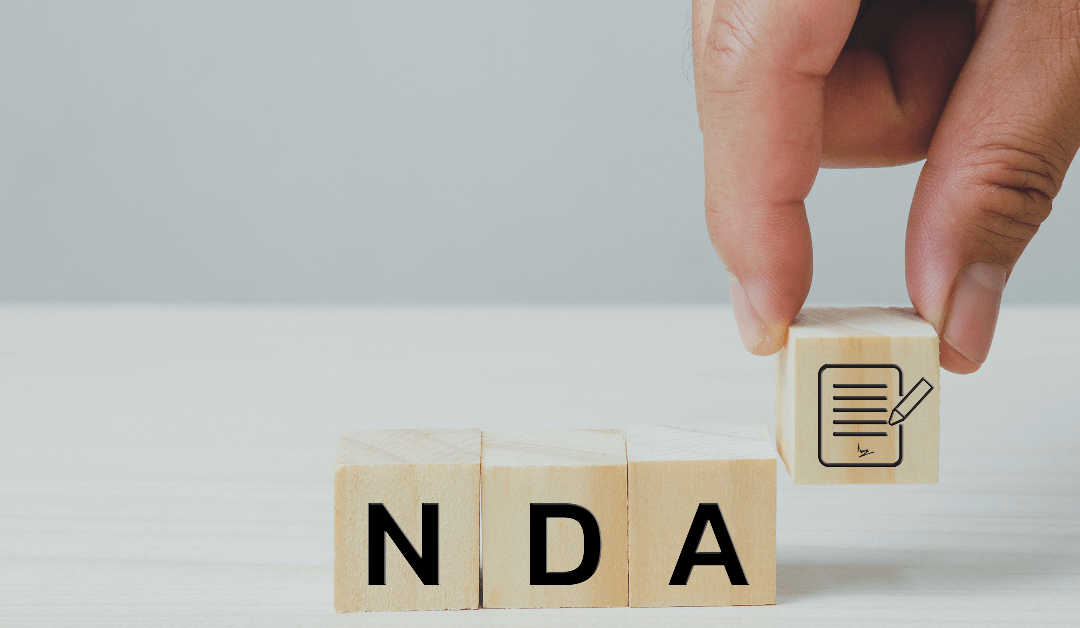In today’s complex business landscape, safeguarding sensitive information is paramount. Non-Compete Agreements (NCAs) and Non-Disclosure Agreements (NDAs) serve as vital legal instruments in protecting your confidential data. As an employment attorney with a deep understanding of Fort Lauderdale’s legal landscape, Mark J. Berkowitz is here to provide you with a comprehensive guide to NDAs. In this article, we will delve into the purpose of NDAs, their essential components, and best practices for drafting and enforcing them.
What are Non-Disclosure Agreements?
Non-Disclosure Agreements, commonly known as NDAs or confidentiality agreements, stand as legally enforceable contracts involving two or more parties. These agreements establish a confidential relationship, obligating the recipient of certain information to keep it secret and not disclose it to third parties without proper authorization. NDAs are frequently employed to safeguard confidential business information, intellectual property, and other valuable assets.
Key Components of Non-Disclosure Agreements
Navigating the intricate landscape of Non-Disclosure Agreements (NDAs) requires a solid grasp of their fundamental components. NDAs aren’t one-size-fits-all but customized to meet specific needs and situations. In this segment, we will dissect the fundamental elements that define the structure and efficacy of NDAs, equipping you with the understanding to craft strong confidentiality agreements.
-
Identifying the Parties
A well-drafted NDA begins by identifying the parties involved. This typically includes the disclosing party (the entity sharing the confidential information) and the recipient party (the party receiving the confidential information). Ensure that all parties are clearly named and accurately described.
-
Definition of Confidential Information
NDAs should specify the categories or types of information considered confidential. This section helps clarify what information the agreement covers. It’s essential to define confidential information as comprehensively as possible to avoid potential disputes in the future.
-
Obligations of the Recipient
The core of any NDA lies in the recipient’s obligations. This section outlines the recipient’s responsibilities in protecting confidential information. These responsibilities frequently encompass preserving confidentiality, utilizing the information exclusively for its intended purpose, and implementing reasonable measures to prevent it from reaching unwanted quarters.
-
Exclusions from Confidentiality
Not all information shared is subject to confidentiality. NDAs should include a clause specifying what information is exempt from the confidentiality requirements. This typically includes information already in the public domain or disclosed by a third party without restrictions.
-
Duration of Confidentiality
NDAs have a limited duration during which the confidentiality obligations apply. This section should clearly state the duration of confidentiality, when it begins (usually upon disclosure), and when it ends (upon a specific date or occurrence of a certain event).
Best Practices for Drafting and Enforcing NDAs
Drafting an airtight Non-Disclosure Agreement (NDA) is a skill that every business, entrepreneur, and legal professional should master. However, crafting an NDA is only part of the equation. To ensure the confidentiality of your sensitive information, you must also understand the best practices for enforcing these agreements. In this section, we will explore the strategies and tactics that maximize the strength and reliability of your NDAs.
-
Consult an Experienced Attorney
Drafting an effective NDA requires legal expertise. Consulting with an experienced employment attorney like Mark J. Berkowitz can help ensure your agreement meets legal standards and provides maximum protection.
-
Tailor the Agreement to Your Needs
NDAs should be tailored to the specific circumstances of each case. Avoid using generic templates and instead customize the agreement to address your unique business requirements.
-
Clearly Define Confidential Information
Giving a straightforward definition of what is regarded as confidential information is crucial. Ambiguity can lead to disputes, so make sure the language is clear and comprehensive.
-
Include Consequences for Breach
Specify the consequences for breach of the NDA, such as legal remedies or monetary damages. This helps deter potential violations.
-
Regularly Review and Update NDAs
Business environments change over time, and so should your NDAs. Regularly review and update your agreements to adapt to evolving circumstances.
Mark J. Berkowitz: Your Trusted Employment Attorney
Understanding Non-Compete Agreements and Non-Disclosure Agreements is essential for protecting your business interests. Whether you need an employment or wrongful termination lawyer, Mark J. Berkowitz is your dedicated legal partner in Fort Lauderdale. Contact us today for expert guidance on NDAs and comprehensive legal support for employment-related needs.

